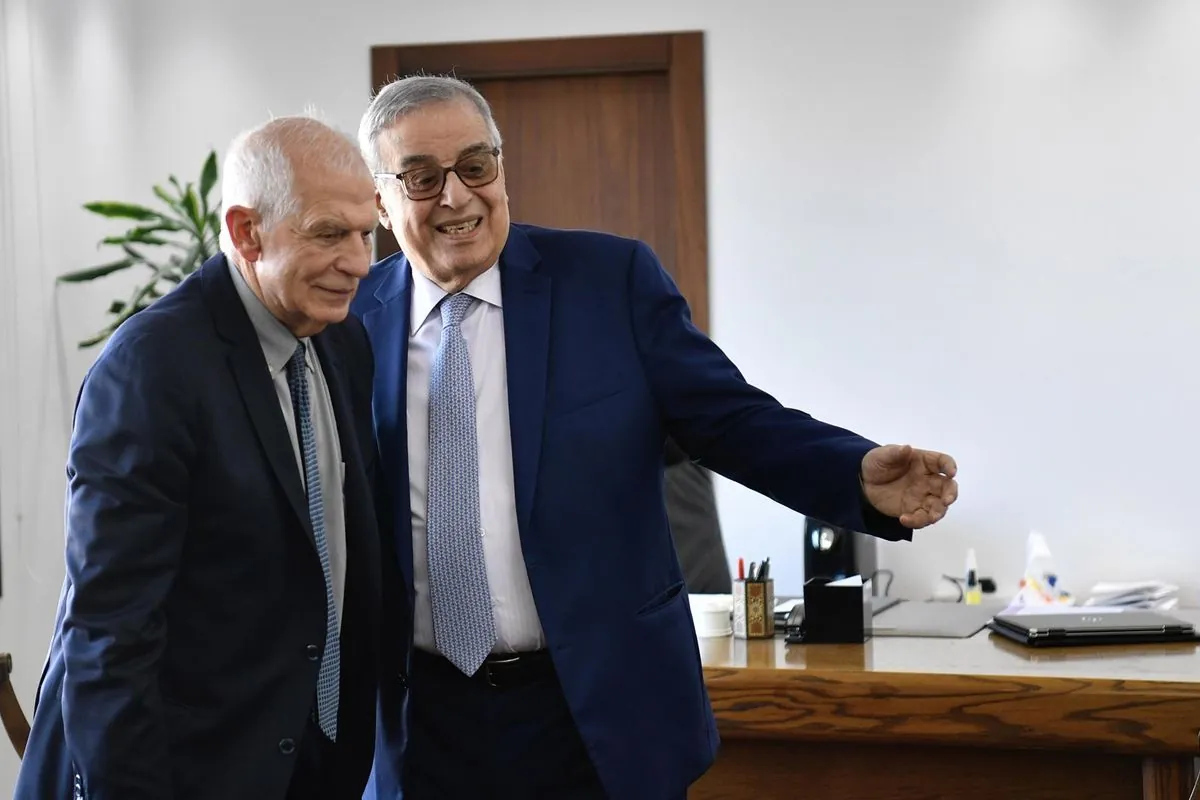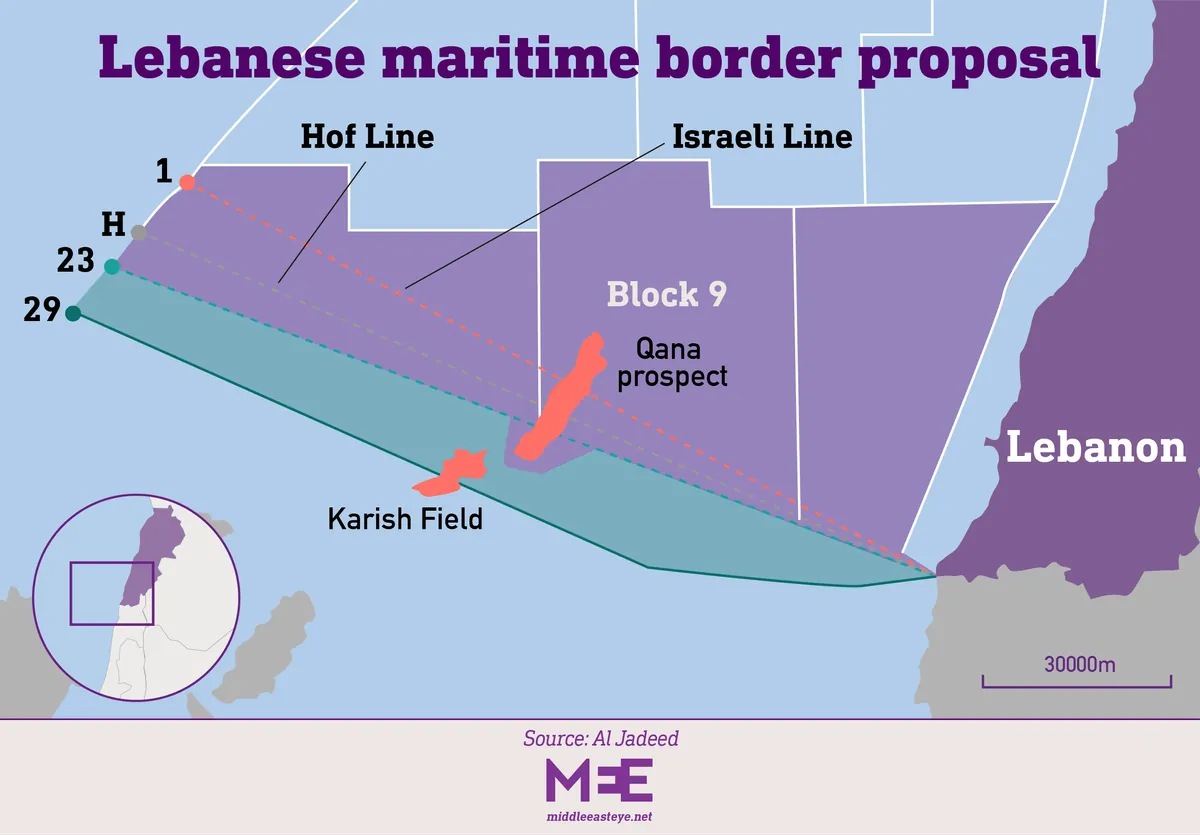EU Diplomat Urges Lebanon-Israel De-escalation Amid Rising Tensions
EU's Josep Borrell calls for calm on Lebanon-Israel border as cross-border attacks continue. Over 500 killed in Lebanon, 49 in Israel since October, with thousands displaced and infrastructure damaged.

In a diplomatic mission to Lebanon, Josep Borrell, the European Union's top foreign policy official, has called for urgent de-escalation of tensions along the Lebanon-Israel border. His visit comes amid ongoing cross-border attacks between Hezbollah and Israeli forces, highlighting the persistent instability in the region.
Borrell expressed concern over the deteriorating situation since his previous visit to Lebanon approximately eight months ago. "Since I last visited Lebanon in January, the drums of war have not stopped pounding," he stated during a press conference in Beirut. The EU diplomat's remarks underscore the international community's growing apprehension about the potential for a wider conflict.

The humanitarian toll of the ongoing hostilities has been significant. According to United Nations data cited by Borrell, over 4,000 residential buildings in Lebanon have been completely destroyed, forcing more than 110,000 Lebanese to evacuate their homes near the border. Similar displacement has occurred on the Israeli side. The conflict has resulted in over 500 fatalities in Lebanon since October 2023, including more than 100 civilians, while 49 individuals have lost their lives in northern Israel.
"We need to deescalate military tensions and I use this opportunity to urge all sides to pursue this path."
Borrell emphasized the EU's support for Lebanon, stating, "The European Union stands on the side of the Lebanese people to help to overcome the threats and challenges as much as we can." However, he also acknowledged the limitations of the EU's influence, noting, "The European Union is doing a lot but we don't have a magic wand."
The EU diplomat called for the full implementation of the UN Security Council resolution that ended the 2006 Israel-Hezbollah war. This resolution, known as UNSCR 1701, established the framework for a ceasefire and the deployment of Lebanese armed forces alongside UN peacekeepers in southern Lebanon. Borrell suggested that adhering to this resolution could pave the way for a comprehensive settlement, including land border demarcation and allowing the return of displaced people and reconstruction in affected areas.
It's worth noting that the current tensions are part of a long-standing conflict. Lebanon and Israel have technically been in a state of war for decades, with no diplomatic relations. The border between the two countries, known as the Blue Line, was established by the UN in 2000 but remains a source of dispute. The United Nations Interim Force in Lebanon (UNIFIL) has been deployed along this border since 1978, attempting to maintain stability in the region.
The ongoing conflict has exacerbated Lebanon's already dire economic situation. The country has been grappling with a severe economic crisis since 2019, which has limited its ability to address security challenges effectively. Additionally, Lebanon hosts a large number of Palestinian and Syrian refugees, further straining its resources.
As the EU continues its diplomatic efforts, the international community remains concerned about the potential for escalation. The situation underscores the complex geopolitical dynamics of the region and the ongoing need for sustained diplomatic engagement to prevent further conflict and promote lasting peace.


































